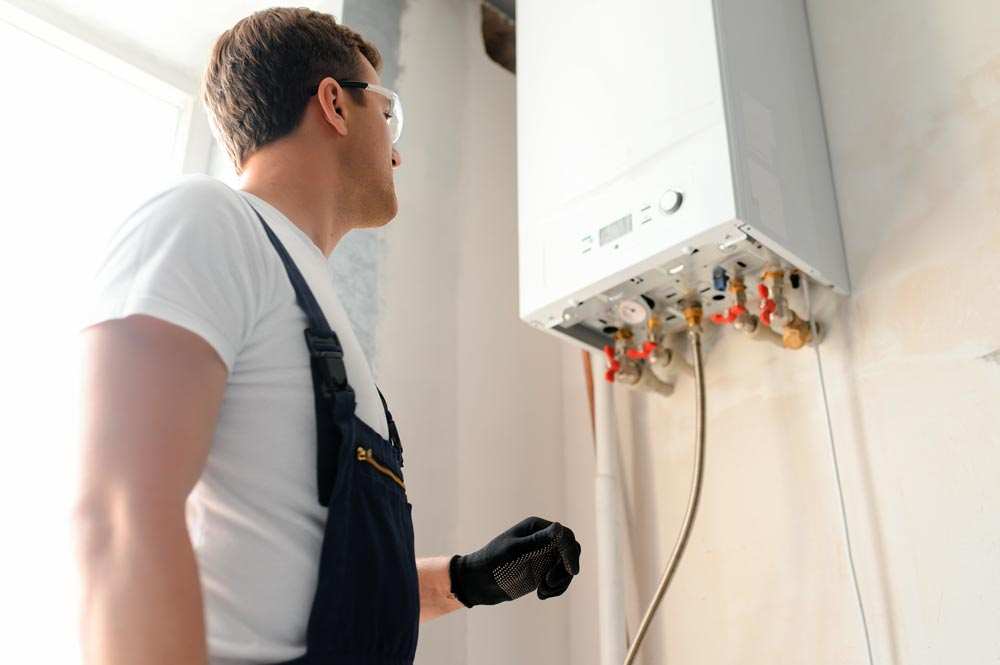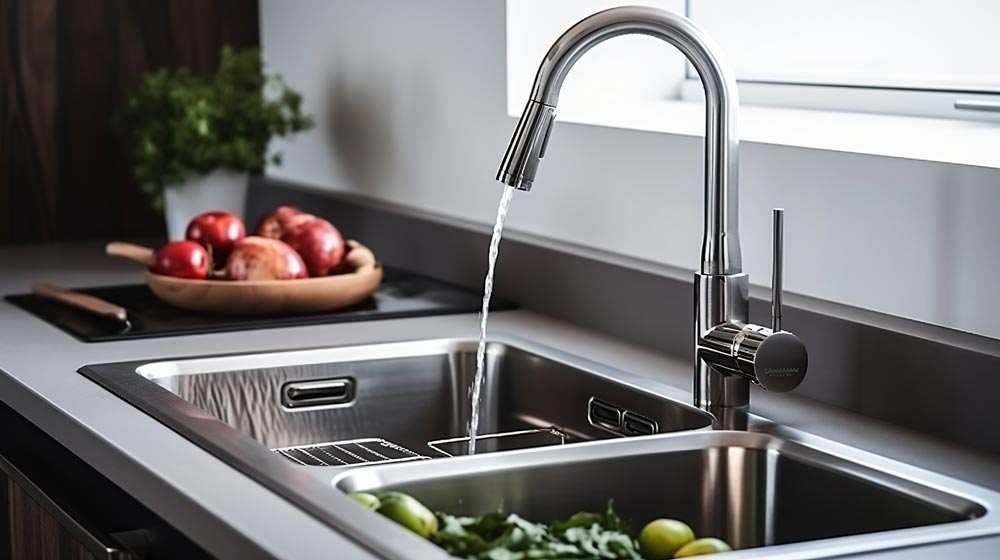When it comes to heating your home, choosing the right boiler is a decision that can significantly impact your comfort, energy efficiency, and overall satisfaction. Gas and oil boilers are two popular options, each offering its own set of advantages and considerations. In this comprehensive guide, we’ll explore the key factors to consider when choosing between gas and oil boilers, helping you make an informed decision that meets your heating needs and preferences.
Gas Boilers: Pros and Cons
Pros:
- Efficiency: Gas boilers are known for their high efficiency, with modern condensing models achieving efficiency ratings of up to 98%. This means you can enjoy lower energy bills and reduced carbon emissions compared to older, less efficient models.
- Clean Burning: Natural gas is a relatively clean-burning fuel, producing fewer emissions of harmful pollutants such as sulfur dioxide and particulate matter compared to oil.
- Convenience: Gas boilers are typically connected to the natural gas grid, providing a constant and reliable fuel supply without the need for on-site storage tanks.
- Compact Size: Gas boilers are often more compact than oil boilers, making them suitable for homes with limited space or where aesthetics are a concern.
Cons:
- Fuel Availability: While natural gas is widely available in urban and suburban areas, it may not be accessible in rural or remote locations. In such cases, installing a gas boiler may require costly infrastructure upgrades.
- Fluctuating Prices: The cost of natural gas can vary depending on market conditions, making it difficult to predict and budget for future fuel expenses.
- Carbon Footprint: While cleaner than oil, natural gas is still a fossil fuel and contributes to greenhouse gas emissions when burned. Transitioning to renewable energy sources may be more challenging with a gas boiler compared to other options.
Oil Boilers: Pros and Cons
Pros:
- Fuel Flexibility: Oil boilers offer greater fuel flexibility compared to gas boilers, as they can be fueled by various types of heating oil, including diesel, biodiesel, and biofuel blends.
- Energy Independence: Unlike gas, which is delivered via pipelines, oil can be stored on-site in tanks, providing greater energy independence and security, especially in rural areas.
- Longevity: Oil boilers tend to have a longer lifespan than gas boilers, with proper maintenance and care. This can translate to lower long-term operating costs and a higher return on investment.
- Higher Heat Output: Oil has a higher energy density than natural gas, meaning oil boilers can deliver more heat per unit of fuel consumed, making them suitable for larger homes or properties with high heating demands.
Cons:
- Pollution: Oil combustion produces higher emissions of pollutants such as sulfur dioxide, nitrogen oxides, and particulate matter compared to natural gas, contributing to air pollution and environmental degradation.
- On-Site Storage: Storing oil on-site requires space for a storage tank, regular refuelling, and careful handling to prevent spills and leaks, which can pose environmental and safety risks.
- Maintenance Requirements: Oil boilers require regular maintenance, including cleaning, tune-ups, and fuel filter replacements, to ensure optimal performance and prevent issues such as soot buildup and efficiency loss.
Factors to Consider When Choosing Between Gas and Oil Boilers
1. Availability of Fuel:
Consider the availability of natural gas and heating oil in your area, as well as the cost and accessibility of each fuel option. If natural gas is readily available and competitively priced, a gas boiler may be the most cost-effective and convenient choice. However, if you live in a rural area without access to natural gas or where oil is more affordable, an oil boiler may be a better fit.
2. Energy Efficiency:
Compare the energy efficiency ratings of gas and oil boilers to determine which option offers the greatest potential for savings on your energy bills. Look for models with high Annual Fuel Utilization Efficiency (AFUE) ratings, which indicate the percentage of fuel that is converted into usable heat. Additionally, consider the availability of condensing models, which capture and reuse heat that would otherwise be lost through the exhaust gases, further improving efficiency.
3. Environmental Impact:
Evaluate the environmental impact of gas and oil boilers, taking into account factors such as emissions of greenhouse gases, air pollutants, and the potential for fuel spills and leaks. While both options have environmental drawbacks, advancements in technology and fuel alternatives are helping to reduce the environmental footprint of both gas and oil heating systems. Additionally, consider the availability of renewable energy options, such as biomass pellets or biofuels, which can further reduce the environmental impact of your heating system.
4. Installation and Maintenance Costs:
Compare the upfront costs of installing gas and oil boilers, including equipment, labour, and any necessary infrastructure upgrades. Additionally, consider the ongoing maintenance requirements and associated costs of each type of boiler, including annual servicing, fuel delivery or connection fees, and the cost of replacement parts and repairs. While gas boilers may have lower installation costs and require less frequent maintenance, oil boilers may offer lower long-term operating costs and greater durability.
5. Heating Needs and Preferences:
Assess your heating needs and preferences to determine which type of boiler best meets your requirements. Consider factors such as the size and layout of your home, your heating load and usage patterns, and any specific features or functionalities you desire, such as zoned heating, radiant floor heating compatibility, or integration with smart home systems. Consult with a qualified heating contractor or energy advisor to assess your options and make an informed decision based on your individual circumstances.
Conclusion:
Choosing between gas and oil boilers is a significant decision that requires careful consideration of various factors, including fuel availability, energy efficiency, environmental impact, installation and maintenance costs, and heating needs and preferences. By weighing the pros and cons of each option and evaluating your specific requirements, you can select the boiler that best meets your needs and provides reliable, efficient, and cost-effective heating for your home. Whether you opt for a gas boiler or an oil boiler, investing in a high-quality, properly sized, and professionally installed heating system will ensure years of comfort and satisfaction for you and your family.





